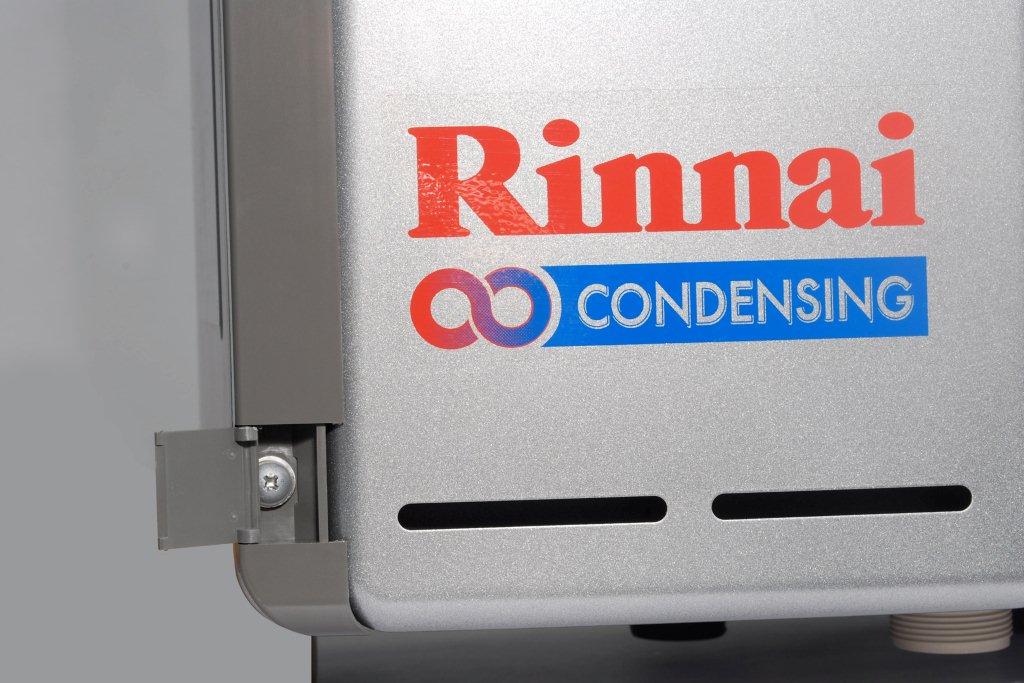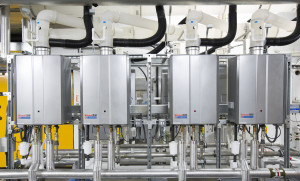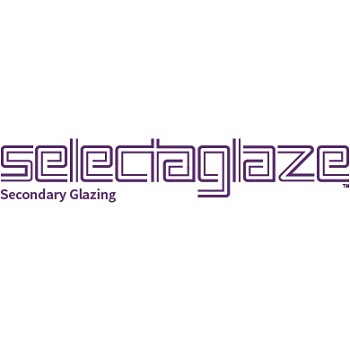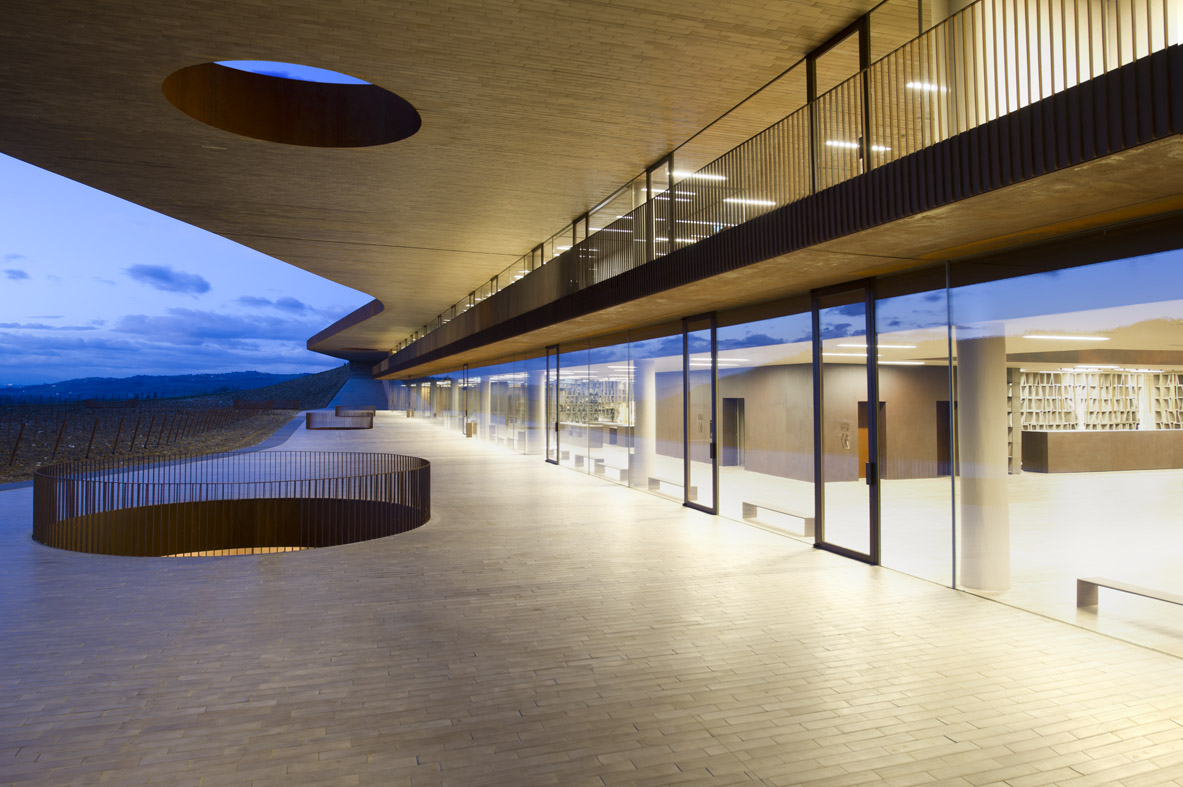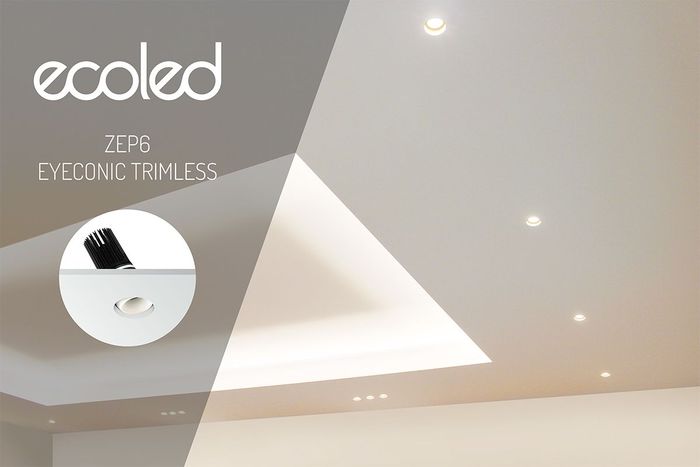Rinnai, designer and manufacturer of the ErP labelled A-rated Infinity range of continuous flow gas fired hot water heaters, is not only supplying the UK with the most reliable individual units* on the market, it offers end-users the peace of mind that comes with having chosen the most efficient, cost effective and reliable total hot water systems, too.
The ErP A-rating** applies over the complete Infinity range – from small domestic models to XXL sized industrial units. Rinnai is the only manufacturer that can field a complete range of gas fired water heaters that more than complies with the demands of new legislation on fuel efficiencies and offers outstanding reliability throughout the life of the appliance.
Building owners and business operators, public and private sector, from hairdressers and launderettes to hospitality, healthcare, education and on to heavy industrial users are all looking for a hot water system they can rely on, now and in the future.
One of the biggest downsides to a hot water storage system – it may be gas fired, electric or heated via a coil from a boiler – is the size of the storage vessels themselves. Where do you put a bank of large cylinders in today’s world where every inch of space in a commercial setting equates to money? Those precious square metres could well be put to better use rather than housing a bank of archaic hot water cylinders better consigned to the pages of plumbing history.
This size issue and cost, not only in wasted space but also capital expense, restricts the amount of cylinders that can be installed as there is only a finite amount of space. Plus, the kW rating tends to be higher and the higher the kW rating, the higher the cost of purchasing single units.
Another problem with stored hot water systems is the downtime incurred by servicing. Cylinders have to be drained down for inspection. If a business is running on just one cylinder, the hot water system would have to be shut down to allow it to be drained and inspected as part of the service and the business may have to cease operating for a few hours while the work is carried out.
Break down is another problematic area associated with storage systems. If the only source of hot water fails, then there is no means to provide hot water until the fault is rectified.
If we take the worst-case scenario of a cylinder failure the whole thing needs to be replaced and this is no easy task especially when you consider the weight. You are now looking at multiple problems:
- a) You have lost all hot water capability.
- b) You need to pay for a replacement (if it isn’t covered by warranty).
- c) You have to pay for engineers to remove the faulty one and replace it, which can take days to change.
If we then look at a Rinnai Infinity water heater or multiples thereof, the down time would be reduced to around 30 minutes or, in the case of multiple units, putting up with reduced capacity for a very short period of time.
Servicing not only reduces the down cost of the business but can also reduce the servicing cost as a Rinnai water heater can be fully serviced and back operating within one hour. If a unit fails and needs replacing, this can be done in a couple of hours and a bank of heaters maintains the facility to provide hot water, albeit at a slightly reduced capacity, while one of the heaters is down.
According to Rinnai UK Associate Director Chris Goggin: “Because a Rinnai Infinity hot water system draws water directly from the mains and only heats the water needed at the time there is no need to incorporate a storage vessel in the system.
“The configuration of the Rinnai system is supportive of reliability, as it incorporates built-in redundancy, multiple heat engines therefore a percentage of the system is always in operation ensuring no downtime. Conversely, if you have a cylinder and you need to service it, or it breaks down, you are left with nothing but a standing body of water. And Legionella can breed in a standing body of water.
“Rinnai gives large consumers of water the added benefit of maintaining operation by using multiple heaters; let’s say three so the total system is made up 33.3% by each heater. If one breaks down or needs servicing there is still 66.66% of the system operational so there is no downtime for the hotel, restaurant or any other facility that uses hot water as a criteria feature.
“Some facilities even opt to buy an additional heater so that the system will always operate at full capacity even during servicing.”
Goggin concludes: “Business and building owners need to talk to the growing body of installers who have come to realise the advantages of the Rinnai system. Significant apex and opex saving can be achieved by considering continuous flow over stored hot water systems while at the same time offering built-in reliability and peace of mind that their businesses won’t grind to a halt due to a lack of hot water – ever.”
* With regards to the reliability of the units themselves a comparison of unit sales from 2013 until April 2016 against Rinnai UK’s warranty database shows 0.003% first year failure rate. (2013 is when the new database was set up.)
** All water-heating products sold in the UK need to meet minimum energy performance criteria in order to be legally placed on the market, and require an energy label.
For more information on the RINNAI product range visit www.rinnaiuk.com
COPY ENDS
PRESS ENQUIRIES: Barry Lynn
Good Publicity
Email: barryl@goodpublicity.biz

